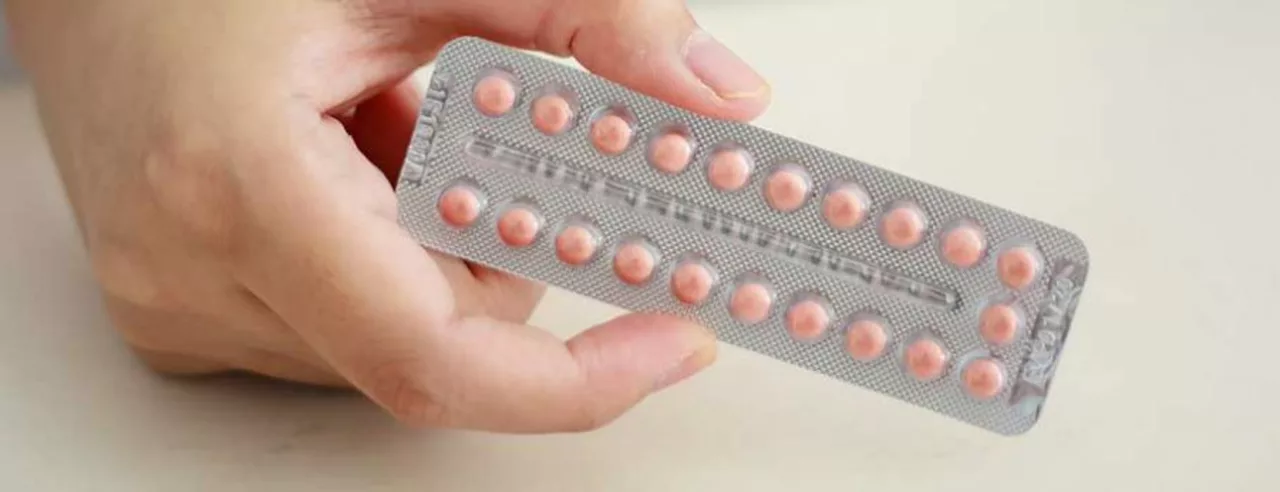Norethindrone Acetate: What It Is and Why You Might Need It
If you’ve heard the name norethindrone acetate and wondered what it does, you’re not alone. It’s a synthetic form of progesterone that doctors prescribe for birth control, hormone‑replacement therapy, or to treat abnormal uterine bleeding. Think of it as a tiny hormone pill that helps balance your body’s natural cycle.
How to Take Norethindrone Acetate
Most people take the tablet once a day, usually at the same time each morning. The dose can vary: low‑dose pills (0.35 mg) are common for birth control, while higher doses (5 mg or more) are used for menstrual issues. Always follow your doctor’s instructions – skipping days or changing the dose on your own can throw off hormone levels and cause spotting.
Common Side Effects You Might Feel
Norethindrone acetate is generally safe, but you may notice mild side effects. Headaches, nausea, breast tenderness, or a change in menstrual flow are typical during the first few months. If you get severe abdominal pain, sudden vision changes, or signs of blood clots (like swelling in one leg), call your doctor right away.
Because it’s a hormone, the pill can interact with other meds. Anticonvulsants, certain antibiotics, and herbal supplements like St John’s wort may lower its effectiveness. Keep a list of everything you’re taking and share it with your healthcare provider.
Buying norethindrone acetate online is tempting, especially if you want privacy or better prices. Look for licensed U.S. pharmacies that require a prescription, show clear contact info, and have secure payment methods. Avoid sites that promise “no prescription needed” – they often sell counterfeit pills that can be dangerous.
When you receive the medication, check the packaging: label should list the exact dosage, expiration date, and a pharmacy’s name. Store the tablets at room temperature, away from moisture. If you travel, keep them in your carry‑on bag to prevent loss or heat damage.
If you miss a dose, take it as soon as you remember unless it’s close to your next scheduled pill. In that case, skip the missed one and continue with your regular schedule – don’t double up. Missed doses can raise the risk of pregnancy or cause irregular bleeding.
For long‑term users, a yearly check‑up is wise. Your doctor will review blood pressure, cholesterol, and overall hormone balance to make sure the pill remains a good fit. Some people switch to other forms like patches or injections if tablets become inconvenient.
Bottom line: norethindrone acetate can be an effective tool for birth control or menstrual management when used correctly. Pay attention to how your body reacts, keep communication open with your doctor, and shop only from reputable online pharmacies. With the right approach, you’ll get the benefits without unnecessary worries.
Norethindrone Acetate and Hair Loss: A Possible Side Effect?
During my research on Norethindrone Acetate, I came across an interesting topic - hair loss as a possible side effect. Although it's not a commonly reported issue, some people have experienced hair thinning or shedding while taking this medication. This hormonal drug is primarily used to treat endometriosis-related pain and for birth control purposes. It's important to remember that everyone's body reacts differently to medications, so not everyone will experience this side effect. If you're concerned about hair loss while taking Norethindrone Acetate, I recommend discussing it with your doctor to explore alternative options.






